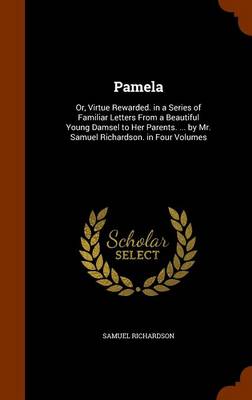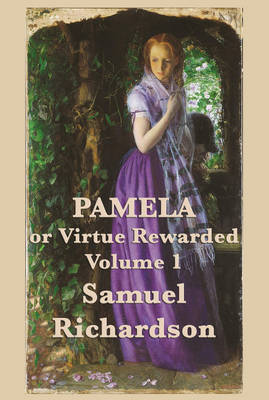Dover Thrift Editions
2 total works
Unfolding through letters, the novel depicts with much feeling Pamela's struggles to decide how to respond to her would-be seducer and to determine her place in society.
Samuel Richardson (1689-1761), a prominent London printer, is considered by many the father of the English novel, and Pamela the first modern novel. Following its hugely successful publication in 1740, it went on to become one of the most influential books in literary history, setting the course for the novel for the next century and beyond. Pamela reflects changing social roles in the late seventeenth and early eighteenth centuries, as a rising middle class offered women more choices and as traditional master-servant relationships underwent change.
Samuel Richardson (1689-1761), a prominent London printer, is considered by many the father of the English novel, and Pamela the first modern novel. Following its hugely successful publication in 1740, it went on to become one of the most influential books in literary history, setting the course for the novel for the next century and beyond. Pamela reflects changing social roles in the late seventeenth and early eighteenth centuries, as a rising middle class offered women more choices and as traditional master-servant relationships underwent change.
One of the most spectacular successes of the flourishing literary marketplace of eighteenth-century London, Pamela also marked a defining moment in the emergence of the modern novel. In the words of one contemporary, it divided the world "into two different Parties, Pamelists and Anti-pamelists," even eclipsing the sensational factional politics of the day. Preached for its morality, and denounced as pornography in disguise, it vividly describes a young servant's long resistance to the attempts of her predatory master to seduce her. Written in the voice of its low-born heroine, Pamela is not only a work of pioneering psychological complexity, but also a compelling and provocative study of power and its abuse.

